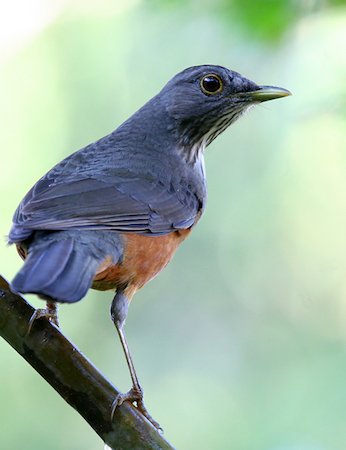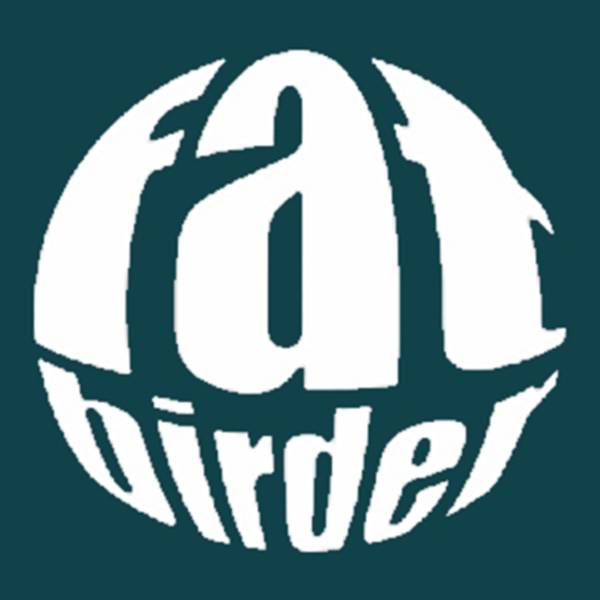State of Paraíba

Birding Paraíba
Paraíba is one of the states of Brazil, located in the northeastern part of the country, on the Atlantic coast, where lies the easternmost point of the Americas, a cape called Ponta do Seixas. Paraíba coast has clear, calm beaches, with a barrier of reefs and natural pools. The beaches within João Pessoa, the capital, are the best known. The city has a special characteristic: it is the first Brazilian city to see the sunrise in the morning.In the interior of the State, another important city is Campina Grande. It is one of the Brazilian capitals of forró, together with Caruaru, and during the month of June it receives more than one million tourists for the festivities.
Contributors
-
Wikipedia
GNU Free Documentation License
Information
Number of Species
-
Number of bird species: 562
(As at May 2019)
Museums & Universities
-
Universidade Federal da Para
Website
Other Links
-
Paraíba Birdwatching - Turismo de Observação de Aves na Paraíba.
Facebook PageDeveloped in Rural Tourism and ecological enterprises in the most rustic and natural environments and in Paraiba can be developed from the Coast to the Sertão. Brazil is the second country in the world with the highest diversity of birds. With 1,822 species, it is only behind Colombia with 1,865 species.
